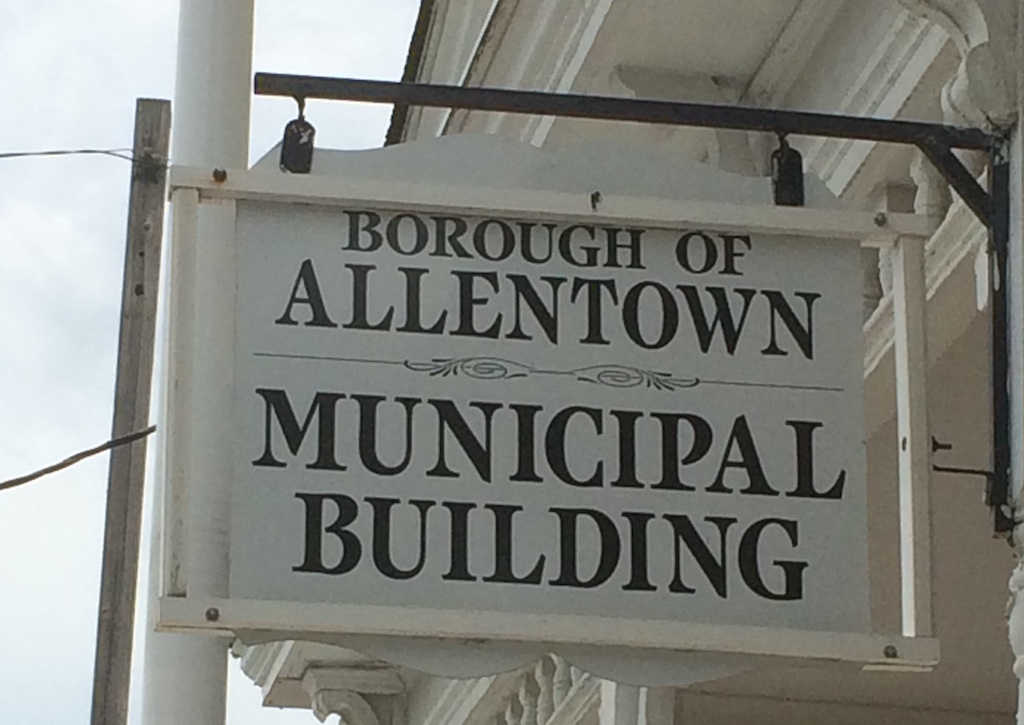ALLENTOWN – Members of the Allentown Borough Council have adopted an ordinance in a bid to regulate invasive species of vegetation in the community.
The ordinance was adopted during the March 16 meeting of the governing body.
The purpose of the ordinance “is to preserve and protect private and public property from the damaging spread of invasive plants and to protect indigenous plants and the wildlife they support from the spread of invasive plants from any neighboring property line.”
Asked for a comment by the Examiner, Mayor Thomas Fritts said, “This ordinance is something that germinated organically from residents in our community. They participated in our meetings and asked for this. Our Shade Tree Commission volunteered to draft the ordinance and we are very pleased with the finished product. We believe residents will be pleased, also.”
The ordinance defines invasive plants as “vegetation which, by its nature, grows beyond the property of its owner, and causes a neighboring property owner potential hardship due to the vegetation being overly competitive, poisonous, allergenic, illegal by state statute, or hazardous to the neighboring property’s structures and facilities.”
Allentown officials said the most widespread examples of invasive plants in the area are
Japanese Knotweed, Multifora Rose, Japanese Barberry, English Ivy, Purple Loosestrife, Canadian Thistle, Porcelain Berry, Mile-a-minute, Kudzu, Tree of Heaven, Running Bamboo and Wisteria.
According to the ordinance, all property owners “must control the growth of invasive plants on their property, even if it originated from a neighboring property. … Spread is
significant when the invasive plants grow into the buffer zone of the property owner’s
yard, or take over or undermine a neighbor’s fencing, building, driveway, plants or other
landscaping.”
All locations in Allentown may be subject to inspection by the code enforcement
officer, however, an inspection may only be made if a neighboring property
owner files a complaint alleging that any section of the ordinance has been violated.
When invasive plants are found to be growing in an area where they are not permitted, a notice will be given to the property owner, who will have 90 days to remove or abate the problem. The cost of the removal and/or abatement will be paid by the property owner.
If the property owner fails to comply with the notice, the borough may remove or otherwise control the invasive plants and recover the cost of the work from the property owner by placing a lien on the property, according to the ordinance.

